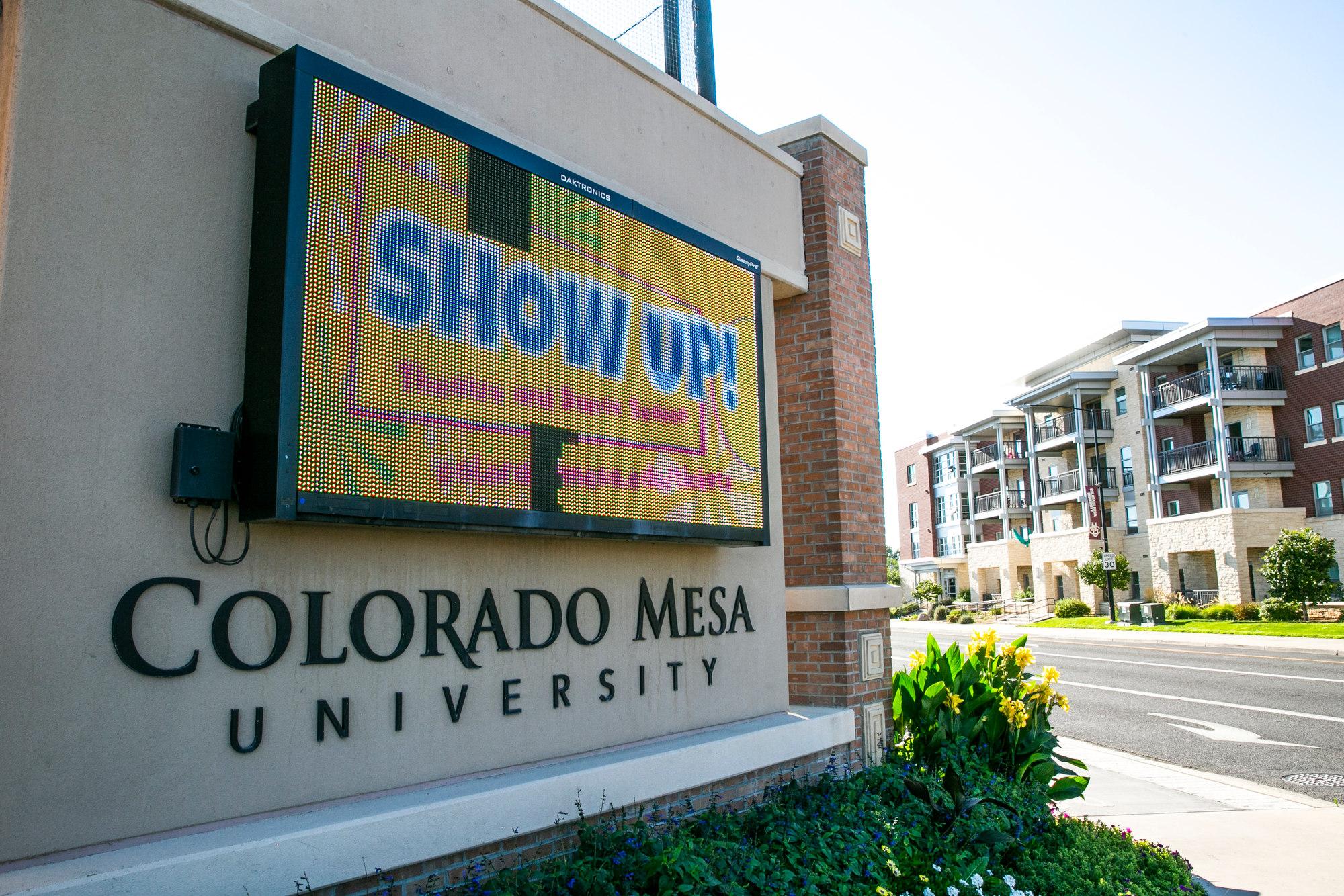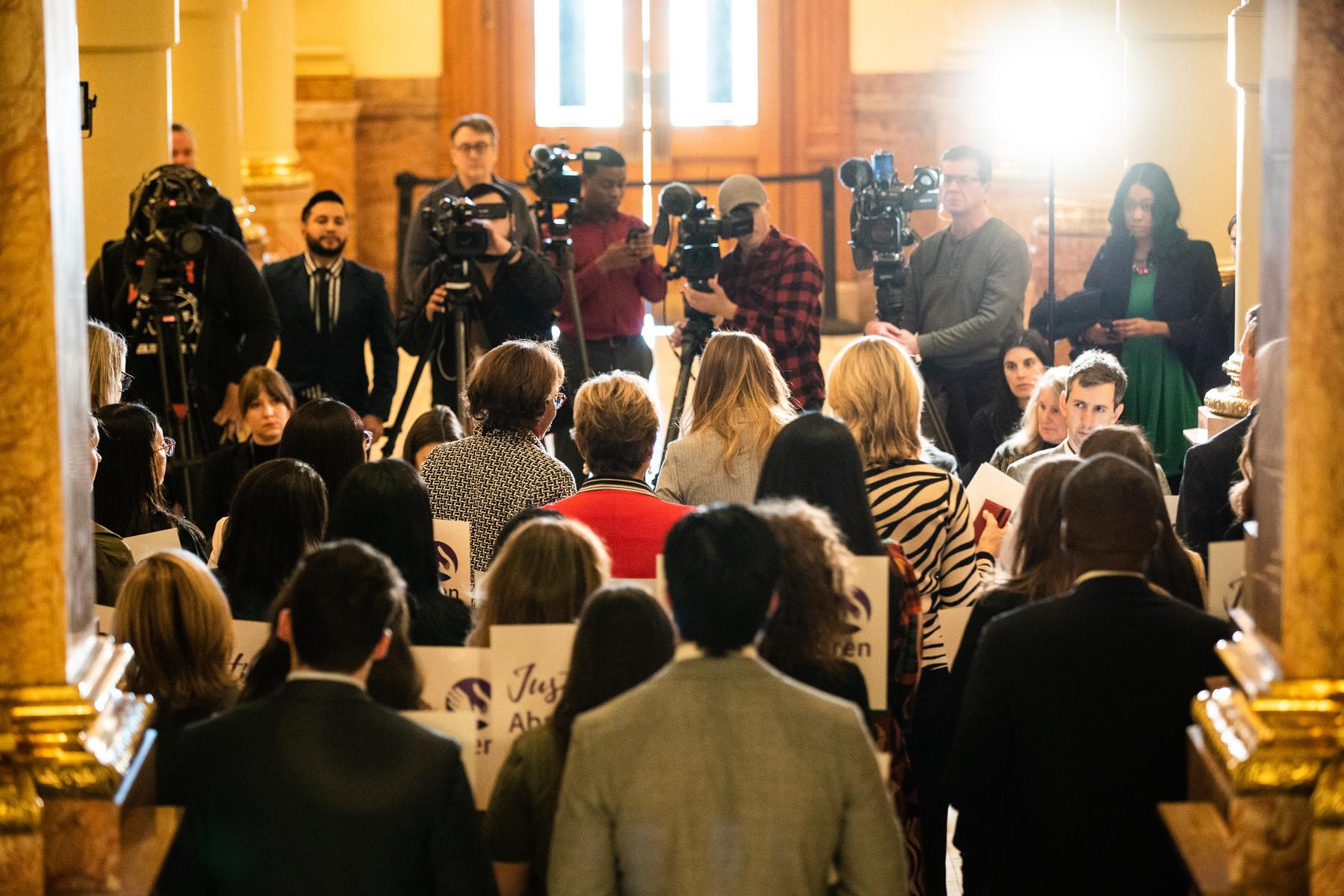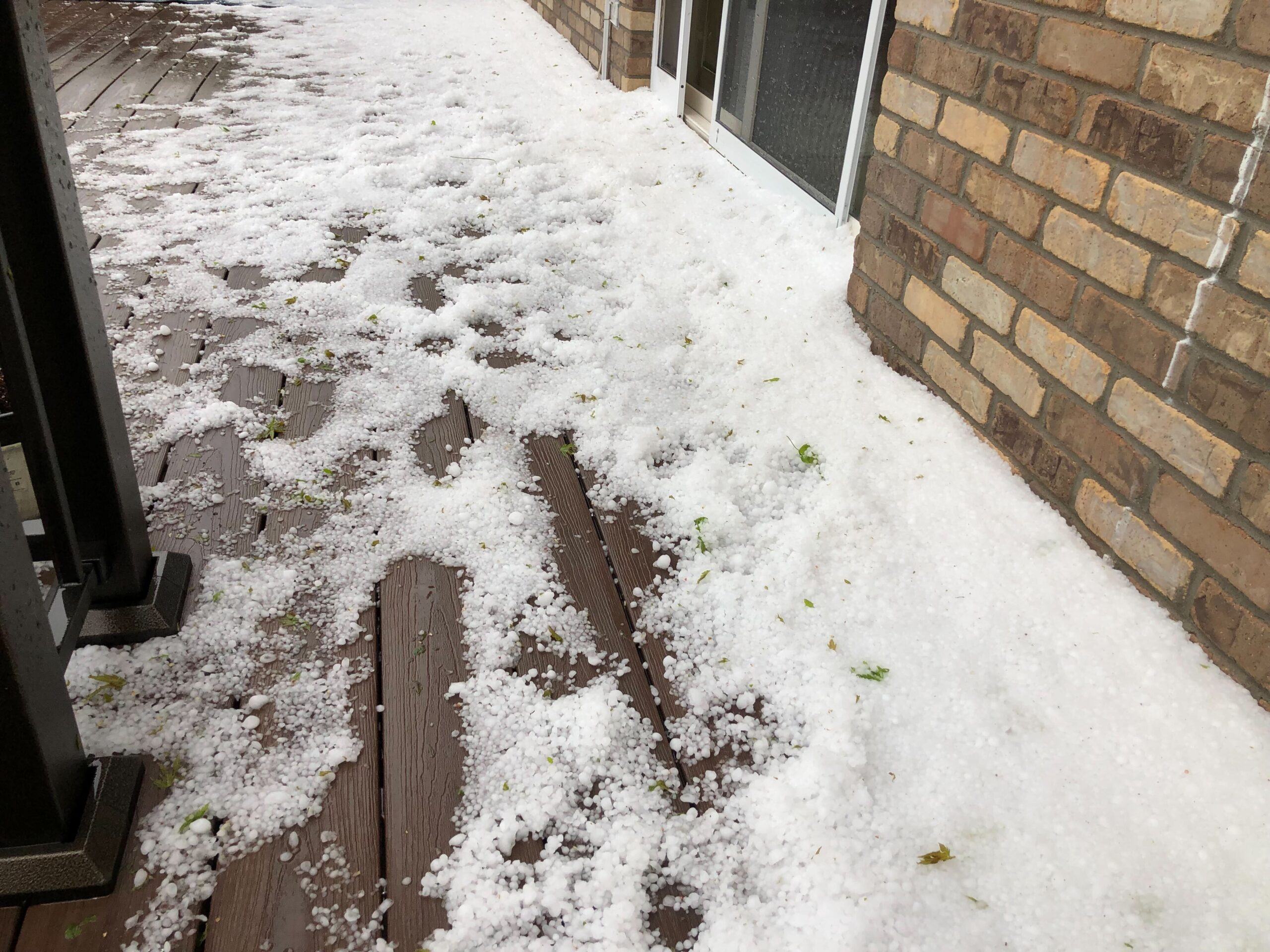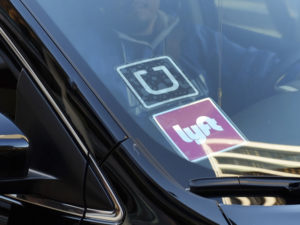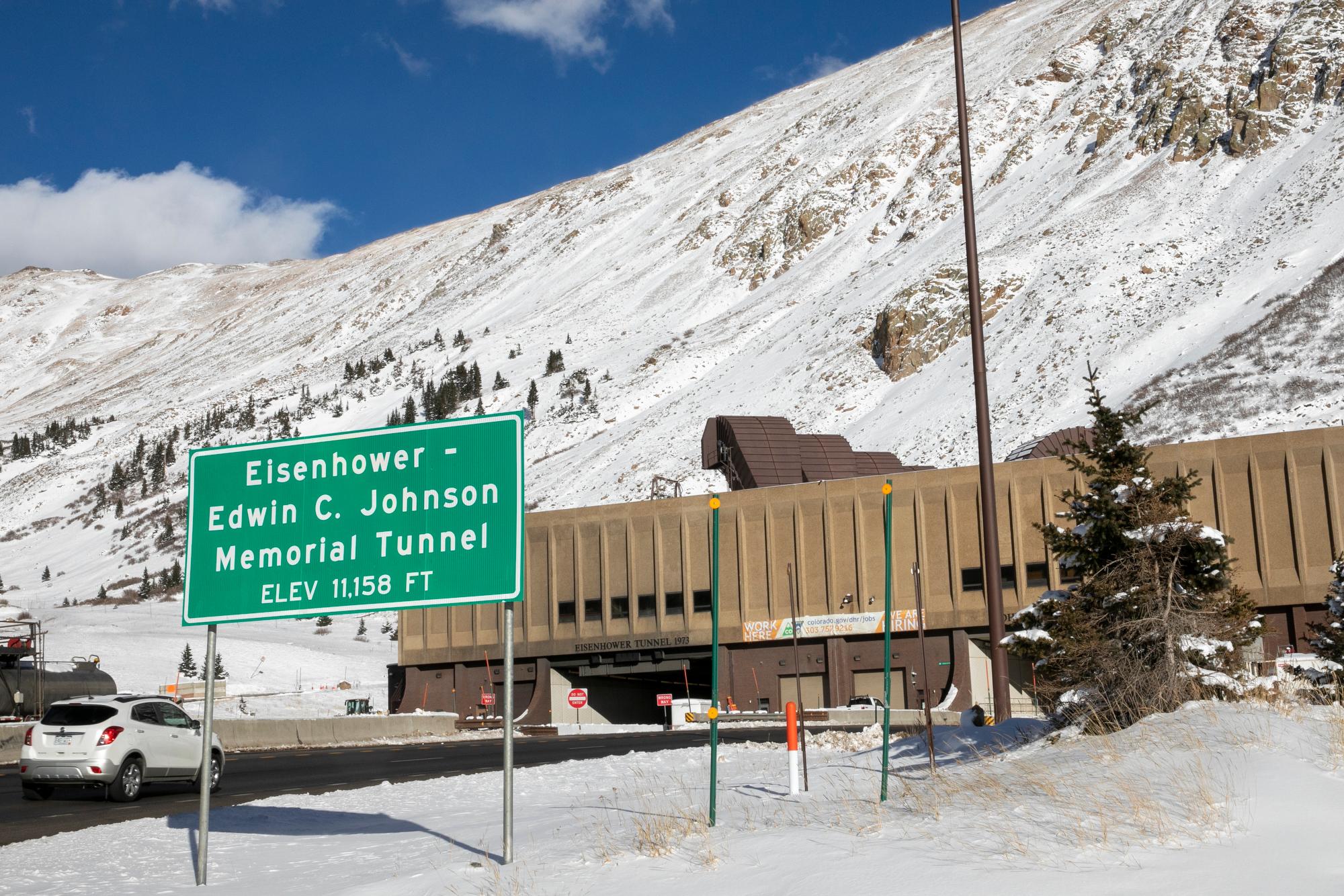
A key House Congressional committee advanced a transportation bill that includes funding for Colorado infrastructure projects.
The INVEST in America Act is a $547 billion, 5-year surface transportation reauthorization bill. It includes $5.7 billion in earmark funding, known now as Community Project Funding. It’s a way lawmakers can steer funds to projects in their district or state — an example of bringing home the bacon, or of adding pork, depending on how you view government spending.
Colorado's Democratic House members had many of their funding requests approved, including money to repair and upgrade the Eisenhower Tunnel, emergency funding for a highway impacted by a major wildfire last year, and I-25 improvements.
| Project | Location | Amount |
|---|---|---|
| 16th St Mall Reconstruction Program | Denver | $6,530,000 |
| Aurora Bicycle and Pedestrian Master Plan Update | Aurora | $800,000 |
| Big Barnes Ditch Trail Improvements | Loveland | $500,000 |
| Cameron Peak Post-Fire Emergency Funding | Larimer County | $2,000,000 |
| Central Corridor Rail Replacement | Denver | $7,930,000 |
| CO 9 Widening from Iron Springs to Frisco | Summit County | $1,000,000 |
| Easter/Havana Intersection Improvements | Centennial | $6,000,000 |
| Eisenhower Johnson Memorial Tunnel (EJMT) Repairs and Upgrades | Dillon | $4,000,000 |
| Expansion of Gun Club Road | Aurora | $1,500,000 |
| Federal Parkway Multimodal Transportation Improvements | Westminster | $4,107,114 |
| Frisco Transit Center | Frisco | $6,650,000 |
| I–25 Valley Highway: Phases 3 and 4 ROW Acquisition | Denver | $5,530,000 |
| I–25/Belleview Avenue Interchange Improvements | Greenwood Village | $10,000,000 |
| I–70 and 32nd Avenue Bridge Replacement | Wheat Ridge | $2,000,000 |
| SH–72 (Indiana Street) Widening at UPRR | Aurora | $1,095,872 |
| SH-119 and SH-52 Multimodal Intersection Improvements | Boulder County | $5,000,000 |
| US-36 and Community Drive Roundabout | Estes Park | $850,000 |
| Wadsworth Widening: 35th Avenue to I–70 | Wheat Ridge | $10,000,000 |
| West Colfax Pedestrian Safety and Infrastructure Project | Lakewood | $1,750,000 |
Democratic Rep. Joe Neguse said he was pleased funding for all seven of the local projects he requested was included.
“[This money will] help build a new Transit Center in Frisco, support recovery efforts in the wake of the Cameron Peak Fire on State Highway 14 and support local infrastructure projects across our district,” he said.
Four of the seven requests that Rep. Jason Crow put in were also included in the bill.
“The INVEST in America Act makes a substantial investment in our nation’s roads, bridges, transit, and rail systems, bringing American infrastructure into the 21st century,” he said. “These infrastructure and community investments will make life easier for millions of Coloradans.”
One of the largest earmarks for Colorado is $10 million to widen Wadsworth Boulevard in Jefferson County, helping to relieve congestion for vehicles making their way to I-70. Rep. Ed Perlmutter put in that request. “These projects will make critical investments in our community and improve safety and mobility across our district.”
The state’s Republicans did not submit any earmark funding requests. While some Congressional Republicans did take the opportunity, Windsor Republican Rep. Ken said in an op-ed that earmarks are a “waste of taxpayer funding.” He and Rep. Lauren Boebert signed a pledge saying they would not request earmarks. Rep. Doug Lamborn, who was in office when the ban went into effect, supported the move then.
Congress banned earmarks in February 2011, in part due to Republcian concerns over spending and corruption. GOP Rep. Randy “Duke” Cunningham was sentenced to eight years in 2006 for accepting bribes to funnel money to defense contractors through earmarks.
In reviving the process, Democrats have increased transparency and accountability to protect against possible corruption and abuse. For example, members are limited to 10 requests per fiscal year, must show that local communities support the funding request, have to post the request online, and must certify that they and their immediate family have no financial interest in the project.
Reviving earmarks was one of several recommendations from the bipartisan House Modernization of Congress Committee — known around the Capitol as the Fix Congress Committee. The idea was pitched as a way to decrease budget dysfunction.
While the bill includes some of President Joe Biden’s infrastructure ideas, it is not the massive infrastructure plan lawmakers and the White House are trying to find agreement on.
As the Transportation and Infrastructure committee debated on the INVEST in America bill, Republicans said they were shut out of the process. Republicans are focused on traditional infrastructure, while Democrats have taken a broader approach, including climate efforts, like more funding for electric vehicle charging stations and funding for mitigation and resilience, under the umbrella of infrastructure. The measure passed largely along a party line vote, with only two Republicans voting for the bill.
The Senate is working on its own version of a surface transportation bill with a baseline of $303.5 billion. If both bills clear their respective chambers, the Senate and House will have to negotiate on a final version.
Editor's Note: This story was updated after the committee passed the bill.

